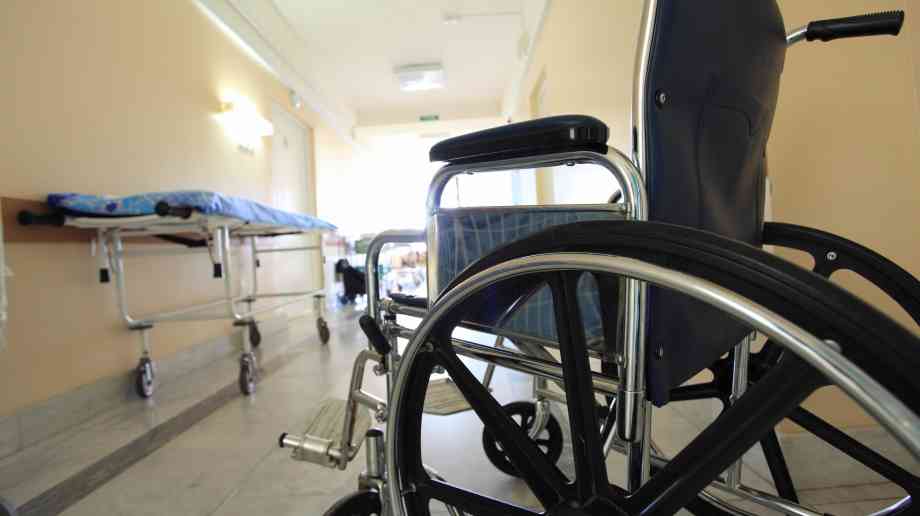Sue Robb of 4Children talks to Julie Laughton and Alison Britton from the Department for Education about the role of childminders in delivering the 30 hours free entitlement.
Government must improve disabled access to built environment

The Women and Equalities Committee has called on the government to lead the charge in improving access and inclusion in the built environment.
The report highlighted the challenges disabled people face in accessing homes, buildings and public spaces and argued that these factors constitute an unacceptable diminution of quality of life and equality.
The committee warned that disabling features of the built environment do not only pose problems for people with physical impairments, but also for people who have less visible disabilities including mental health and neurological conditions, or who are neuro diverse (such as people with autism).
The committee has called for improved engagement with disabled people to ensure that they have a meaningful input – both nationally and locally – to the creation of inclusive buildings and environments.
The report claimed that The Equality Act 2010, which requires reasonable adjustments to be made so that disabled people are not excluded from buildings, is not having the kind of impact that it was expected to have. It said that the government had left change to be achieved through a model of enforcement that relies on litigation by private individuals.
Committee Chair Maria Miller MP explained: "Poor accessibility affects us all. Even if not disabled ourselves, most people are related to, work with or are friends with someone who is. Increases in life expectancy will mean that over time, an ever greater proportion of us will be living with disability, and our understanding of 'disability' has developed to recognise that those with mental health problems, autism or other less visible impairment types also face disabling barriers.
“Yet the burden of ensuring that an accessible environment is achieved falls too heavily at present on individual disabled people – an approach which is neither morally nor practically sustainable. Instead, we need a proactive, concerted effort by 'mainstream' systems and structures – including national and local government and built environment professionals – to take on the challenge of creating an inclusive environment.
“The government must be more ambitious. Our current environment was not created overnight and will not be mended overnight – but those with the influence to do so have had over 20 years since the Disability Discrimination Act 1995 first set out the standards expected of them. Disabled people have the right to participate in all parts of life under the law; this is undermined if the built environment locks them out. Our report sets out a realistic but challenging agenda that, if adopted, can give this issue a priority and deliver the changes that we all need."
Company Focus
BLE Lighting & Power Ltd, a leader in cutting-edge lighting and power solutions, is proud to introduce BLE Connect, a groundbreaking Fully Automated Emergency Lighting System designed to simplify the labour intensive maintenance of emergency lighting across multiple facilities.
Event Diary
UKREiiF has quickly become a must-attend in the industry calendar for Government departments and local authorities.
The multi-award-winning UK Construction Week (UKCW), is the UK’s biggest trade event for the built environment that connects the whole supply chain to be the catalyst for growth and positive change in the industry.
Supplier Profiles
Geo Energy
At GeoEnergy Design, we're on a mission to disrupt the traditional way heating and cooling ha
Latest Features
Professor Harith Alani, director of the Knowledge Management Institute at the Open University explains how AI can be used for good and bad.
Alex Lawrence, head of health & social care, techUK sets out techUK’s Five Point Plan for CareTech.

















